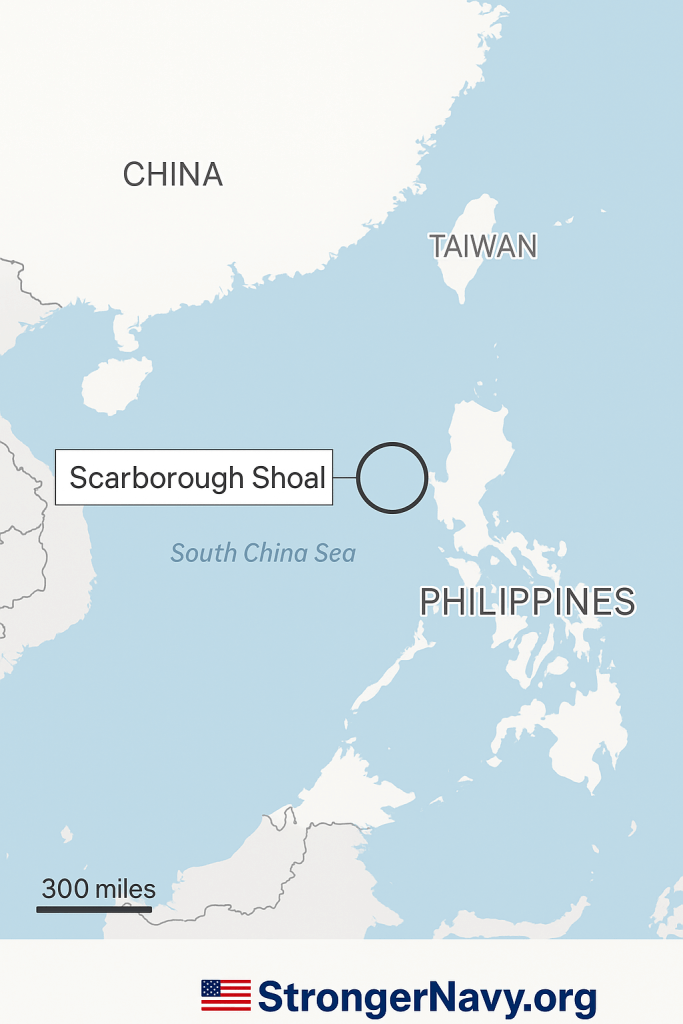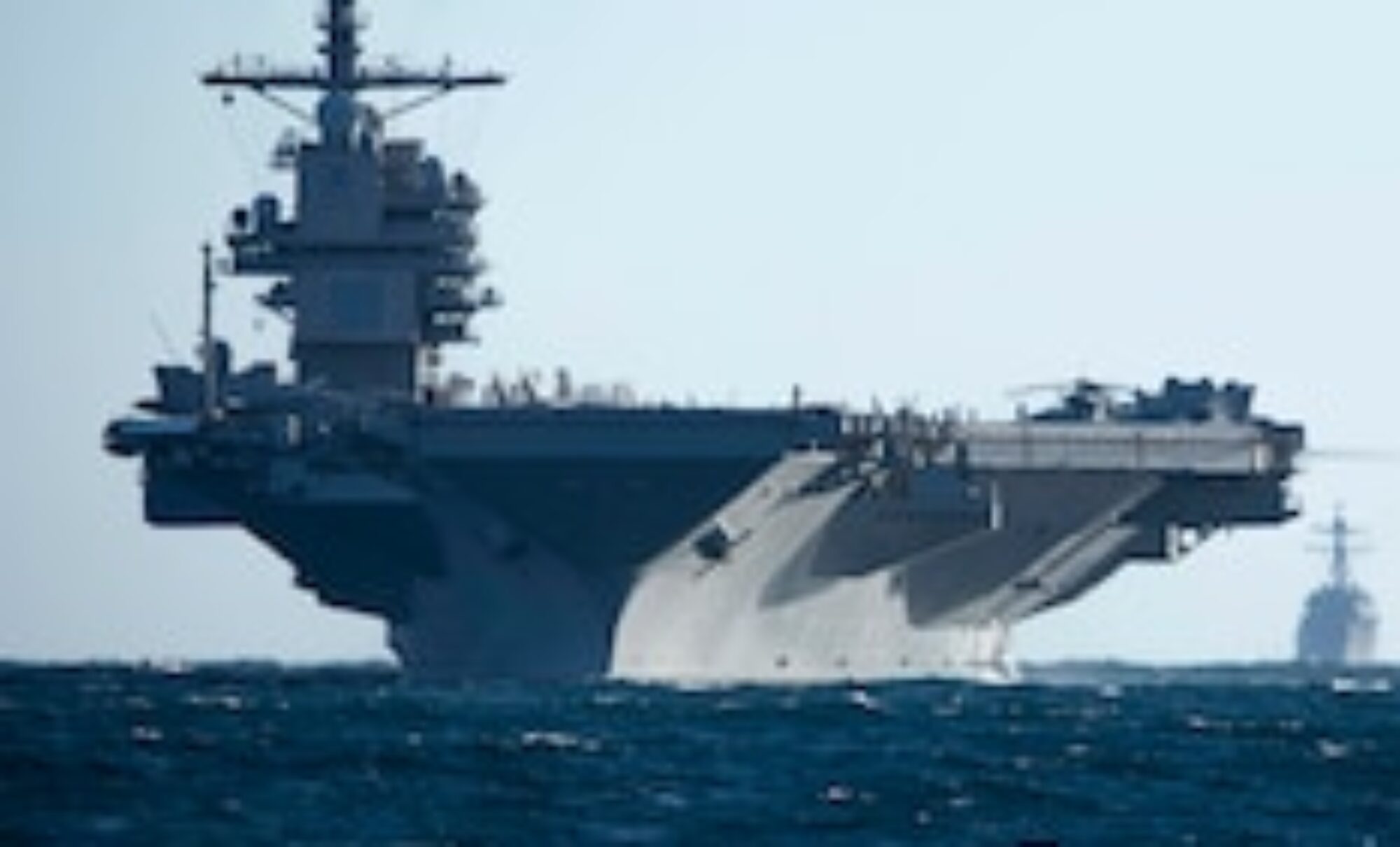
.
Philippine Officials Raise the Alarm
Top Philippine defense and maritime officials have condemned China’s recent declaration of a “nature reserve” at Scarborough Shoal, calling it a “clear pretext for occupation.” This bold response comes in reaction to Beijing’s move to designate the disputed shoal—known locally as Bajo de Masinloc and internationally ruled to be within the Philippine EEZ—as a Chinese national marine reserve.
Philippine officials aren’t mincing words. Former Supreme Court Justice Antonio Carpio, former Defense Secretary Delfin Lorenzana, and Coast Guard Commodore Jay Tarriela are among those warning that the “reserve” designation masks a broader strategy: to lock down access, increase Chinese presence, and project power deep into Southeast Asia’s maritime heart.
Part 1 — Broken Promises and Growing Risks
In 2012, after a tense naval standoff, the U.S. brokered a deal: both China and the Philippines would withdraw their ships from Scarborough Shoal. The Philippines complied. China didn’t. The U.S. didn’t press the issue. The result? Beijing solidified its control and sent a message that international mediation wouldn’t be enforced.
Part 2 — International Law Ignored
In 2016, an international tribunal ruled in favor of the Philippines, stating clearly that China had no legal claim to Scarborough Shoal. Beijing ignored the decision, accelerating militarization and disrupting Filipino fishing. Once again, global rule of law was challenged—and left unenforced.
Part 3 — The “Nature Reserve” Play
Now, in 2025, China has unveiled a new maneuver: using environmental language to advance military and political objectives. The creation of the “Huangyan Island National Nature Reserve” is being widely viewed as part of a creeping campaign to normalize Chinese administrative control.
Despite the label, this is not about conservation. China has repeatedly blocked Filipino fishermen, driven out environmental research vessels, and deployed maritime militia under the radar. Calling this a “preserve” is like calling a fortress a flower garden.
Why Americans Should Care
- Strategic Sea Lanes: The South China Sea is a maritime superhighway. If China controls it, they can control access to vital markets and resources.
- U.S. Credibility Is on the Line: American influence is measured by what we protect—not just what we promise.
- Civic Responsibility: Understanding how foreign policy, trade, and defense intersect isn’t just for experts. It’s for every American who relies on secure energy, stable prices, and a functioning global order.
- Environmental Lawfare: Americans should be wary of tactics that exploit noble causes—like conservation—to advance authoritarian control.
Implications for the Navy
The U.S. Navy has long played a vital role in ensuring freedom of navigation and stabilizing flashpoints. But gray zone tactics like these require more than just ships—they require intelligence, strategy, and public support. The Navy cannot succeed without a civilian base that understands the stakes.
Implications for Our Allies
This isn’t just a Philippine problem. What happens at Scarborough sends ripples across the Pacific. Taiwan, Vietnam, Japan, Australia—all are watching to see whether the U.S. will back its allies when it counts. So are our adversaries.
Call to Action
The future of maritime freedom—and American leadership—may hinge on places like Scarborough Shoal. When China tests the limits, Americans need to respond—not just with ships, but with awareness and resolve.
That’s why we launched Charting the Course: Voices That Matter — a 24-part educational series breaking down how we got here, what went wrong, and what must happen next. Our goal is simple: educate the public, connect the dots, and build the support needed to close the readiness gap before it’s too late.
Let’s roll.

